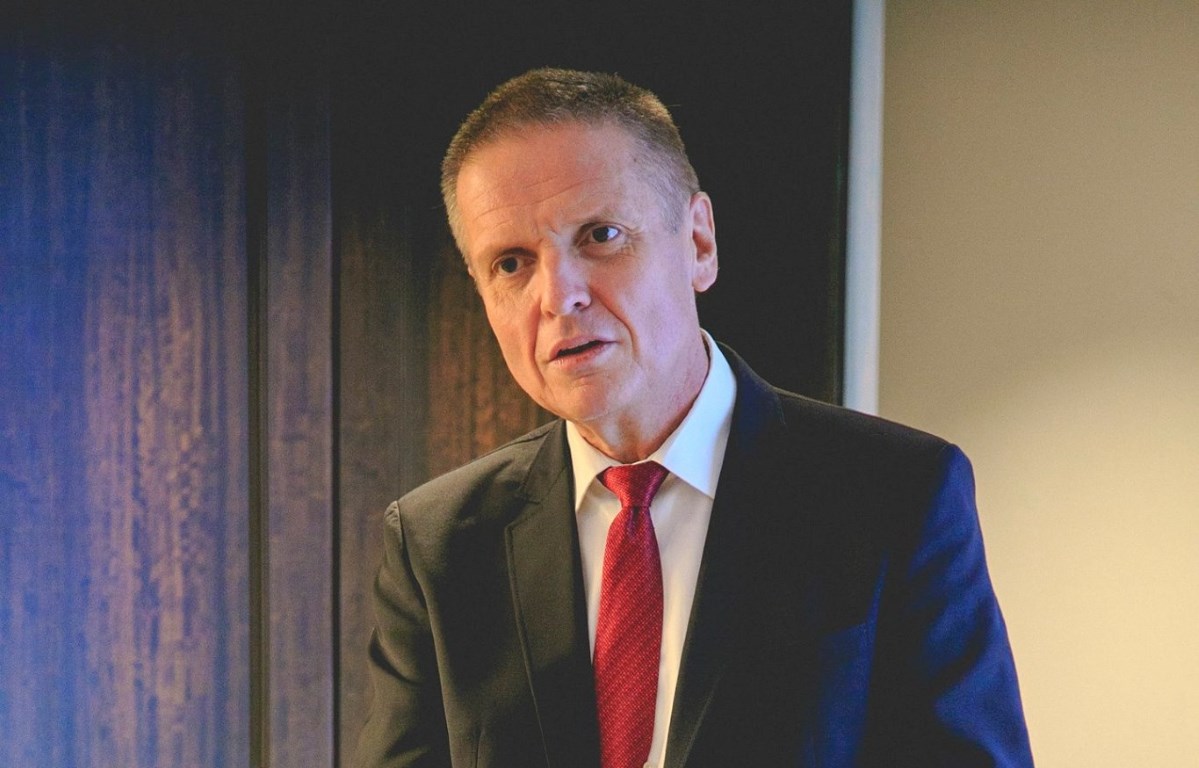The Future of the Manufacturing Industry
February 9, 2018 | Expert Insights

In December 2017, key stake holders from industry, media and government met at the Synergia Forum to discuss the future of the manufacturing industry.
The round table was primarily organized to understand the challenges that the manufacturing industry would face if it were to operate in the paradigm of Industry 4.0 . A related objective was to understand how the ‘Make in Karnataka (India)’ initiative would unfold, and was centred on technological innovations, economic disruptions and the role of geopolitics in the world economy. Tobby Simon, the President of the Synergia Foundation pointed out that - technological developments and increases in productivity have brought with it an explosion of wealth. Also, the breakdown of social contract between employers and employees in industry is fundamentally altering the relationship between employees and employers.
The Focus group was chaired by Additional Chief Secretary of Industries and Commerce, Mr. D.V. Prasad IAS who shared the that current Make in India campaign has its genesis in the National Manufacturing Policy (NMP) of 2013. Mr. Prasad mentioned that the aim was also to attract global and domestic companies to set up manufacturing in India , leading to creation of employment for a larger number of Indians. He reiterated that we should take advantage of the huge domestic market in the country and ensure that policies do not get caught up in the demographic divide. Dr. Andreas Wolf, the Executive Vice President for Bosch in India spoke about Smart Manufacturing being an interesting point for the public at large in India.
What would be the impact of industry 4.0, in terms of the loss of jobs? He pointed out that we currently live in a world with over 20 billion devices that are connected to the internet of things and this increase in connectivity would remain the fulcrum of industry 4.0. And while social media and e-commerce companies are transforming markets; they also enhance productivity and improve the quality of goods. Disruption is both an agent of change and a historical occurrence. Machines now can communicate with other machines and between systems seamlessly, making a paradigm shift in mechanization.
People are the new conductors in 4.0 as they are the connector between machine oriented networks. India has the necessary credentials to become a leader in robotics due to its innate strengths in information technology. Unfortunately these skills are not being used in local manufacturing due to impediments in managing big data and the ability to use them effectively. Arun Balakrishnan, former Chairman of Hindustan Petroleum, spoke of the difficulty faced when governmental enterprises consider the mechanization a threat. He pointed out that it was up to decision makers to adopt and adapt their policies to the current market but also to be careful about acquisition of domestic companies by global entities. This along with privatization could have an adverse impact on the economy. Deependra Pareek, Head of Program, Product Management and Quality for Ericsson India pointed out that key policy changes are needed for an adaptation to a manufacturing-based economy.
The heart of such a manufacturing will be technology driven innovation. He also pointed out that skill development will be quintessential and enhanced through and within the organization. Murali Sathyanarayana – the Director of Atos followed up on Dr. Wolf's suggestion of a better data management and usage, by citing the example a joint venture between Siemens and his company Atos in India. He also spoke of a need for the government to increase incentives for exports and not be so reliant on imports. Ms. Uma Reddy spoke about the effect of an industrial and technological revolution on Small to Medium Enterprises (SME). She suggested that to enhance efficiency in manufacturing, it was necessary to innovate production patterns.
Subhas Chandra IAS, the Additional Chief Secretary, Government of Karnataka spoke of the difference between the experiences of the people involved in the manufacturing sector and those in political institutions, when it comes to generating jobs. He remarked that Make in India is attempting to bridge the natural gap in the manufacturing sector in a new era. To conclude the session, Paul Antony , Research Associate , Synergia Foundation made a presentation to highlight the impact of automation . Emerging economies will be impacted to a higher degree than developed economies. His findings were based on a ground-breaking study conducted by the Oxford St.Martin's School.








Comments